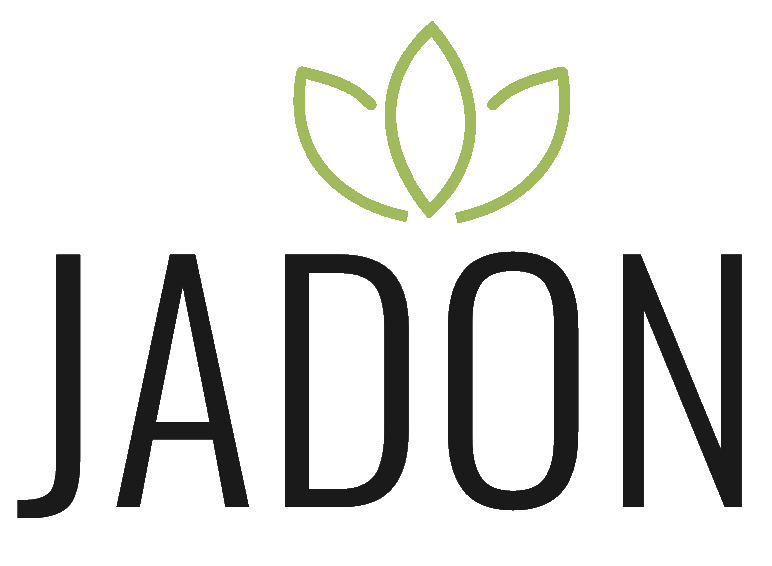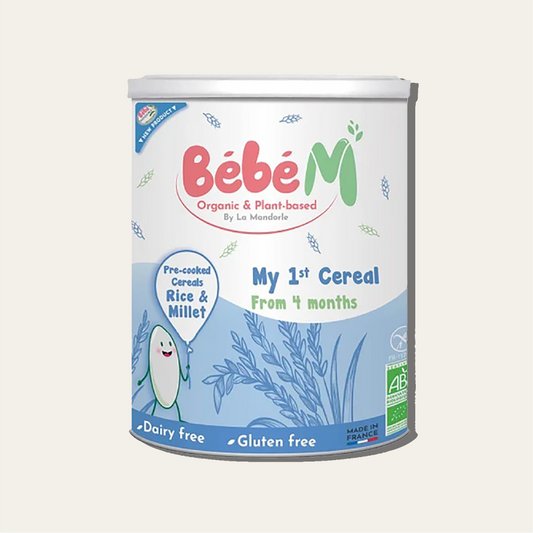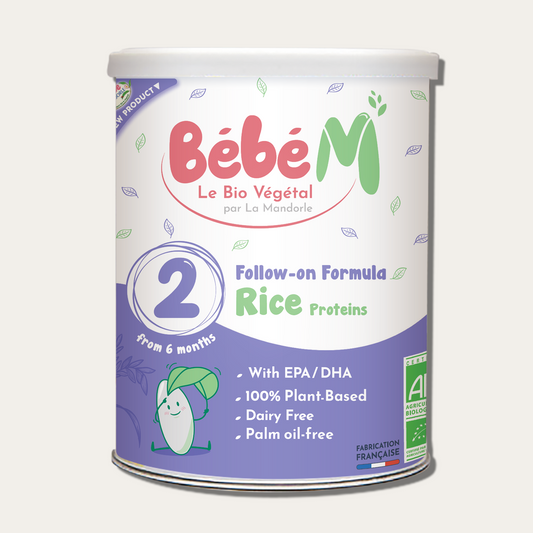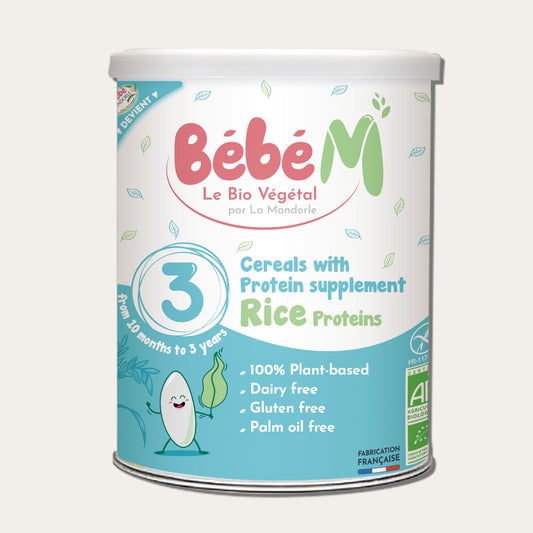Cow's Milk Allergy in Babies
Understanding and Management
Cow's milk protein allergy (CMPA) is a common food allergy that affects infants and young children. It occurs when the immune system reacts to the proteins found in cow's milk, leading to symptoms such as skin rashes, digestive issues, and breathing difficulties.
Symptoms of Cow's Milk Allergy in Babies
The symptoms of cow's milk allergy can very from mild to more severe and in duration. Common symptoms include:
- Skin reactions, such as eczema, hives, or swelling
- Digestive problems, such as abdominal pain, diarrhoea, or vomiting
- Respiratory issues, such as coughing, wheezing, or runny nose
Diagnosis of Cow's Milk Allergy in Babies
If you suspect your baby has a cow's milk allergy, it is important to consult with a healthcare provider. The healthcare professional will likely ask about your baby's symptoms and medical history, as well as perform a physical examination. They may also recommend one or more of the following tests:
- Skin prick test
- Blood test (IgE antibody test)
- Elimination diet
- Food challenge test
Management of Cow's Milk Allergy in Babies
The only way to manage cow's milk allergy is to avoid consuming cow's milk and products that contain it. Your healthcare provider may recommend an alternative source of nutrition, such as formula made with hydrolysate or soy protein.
It is also important to carefully read food labels to identify sources of cow's milk and to avoid them. Some common sources of cow's milk include:
- Milk, cheese, yogurt, and ice cream
- Baked goods, such as cakes and cookies
- Processed foods, such as lunch meats and sausages
- Certain candies and chocolates
It is also essential to inform caregivers, such as babysitters, family members, and teachers, about your baby's cow's milk allergy.
Prognosis of Cow's Milk Allergy in Babies
The prognosis for cow's milk allergy in babies is generally good, with most children outgrowing the allergy by the age of three to five years. However, in some cases, cow's milk allergy may persist into adulthood.
It is important to work closely with your healthcare provider to manage your baby's cow's milk allergy and to monitor their symptoms. With proper management and avoidance of cow's milk, your baby can lead a healthy and happy life.
In conclusion, cow's milk allergy is a common food allergy in infants and young children. The symptoms can vary in severity and include skin reactions, digestive problems, respiratory issues, and anaphylaxis. The only way to manage cow's milk allergy is to avoid consuming cow's milk and products that contain it, and to work closely with a healthcare provider to monitor symptoms. With proper management, most children will outgrow their cow's milk allergy by the age of three to five years.
For more information, please read Allergy UK's article.
If you have any questions, reach out to us at hello@jadons.co.uk





